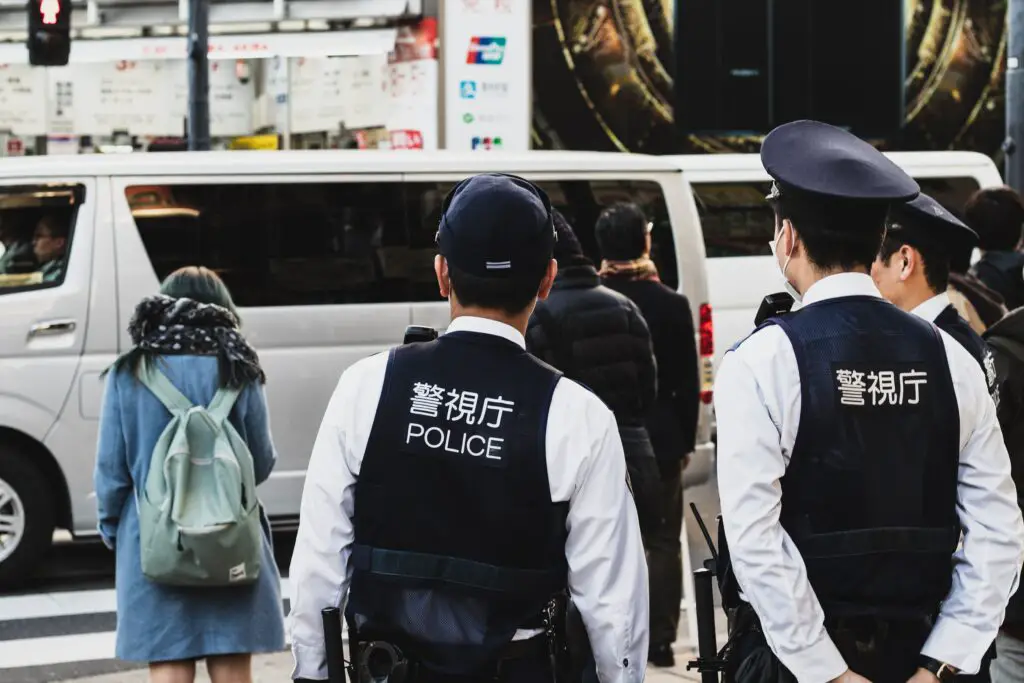Yes, police can track your exact location in certain circumstances. There are a few different ways that they might do this, depending on the situation and the technology available to them.

One way that police might track your location is through your cell phone. When you use your phone, it sends out signals to nearby cell towers, which can be used to triangulate your location. If the police have a warrant, they can request this data from your cell phone provider, which can give them a fairly accurate idea of where you are or where you have been.
Another way that police might track your location is through GPS tracking devices. These can be placed on a vehicle or other object and used to monitor its movements in real time. This is often used in criminal investigations, particularly in cases involving drug trafficking or other serious crimes.
Police can also use surveillance cameras to track your movements in certain areas. In cities and other densely populated areas, there are often cameras positioned on street corners and other public places. By reviewing this footage, police may be able to track your movements and determine your location at a particular time.
In addition to these methods, police may also be able to use social media and other online platforms to track your location. Many social media apps collect location data by default, and this information can be used to create a record of your movements over time. Police may also use online activity to track your location, such as by monitoring your internet connection or tracking your IP address.
It’s worth noting that in many cases, police need a warrant or other legal justification to track your location. In the United States, the Fourth Amendment to the Constitution protects citizens against unreasonable searches and seizures, and this includes tracking your movements without your consent or a legal warrant. However, there are some exceptions to this rule, particularly in cases where the police believe that there is an immediate threat to public safety.
If you are concerned about your privacy and want to avoid being tracked by police or others, there are some steps you can take. First, make sure to disable location tracking on your phone and other devices. Many apps collect location data by default, so it’s important to review your settings and turn off this feature if you don’t want to be tracked. Additionally, you can use a virtual private network (VPN) to encrypt your internet connection and protect your privacy online.
Overall, while police may be able to track your location in certain circumstances, this is typically only done in cases involving serious crimes or threats to public safety. If you are concerned about your privacy, it’s important to be aware of the different ways that your location can be tracked and take steps to protect yourself.
